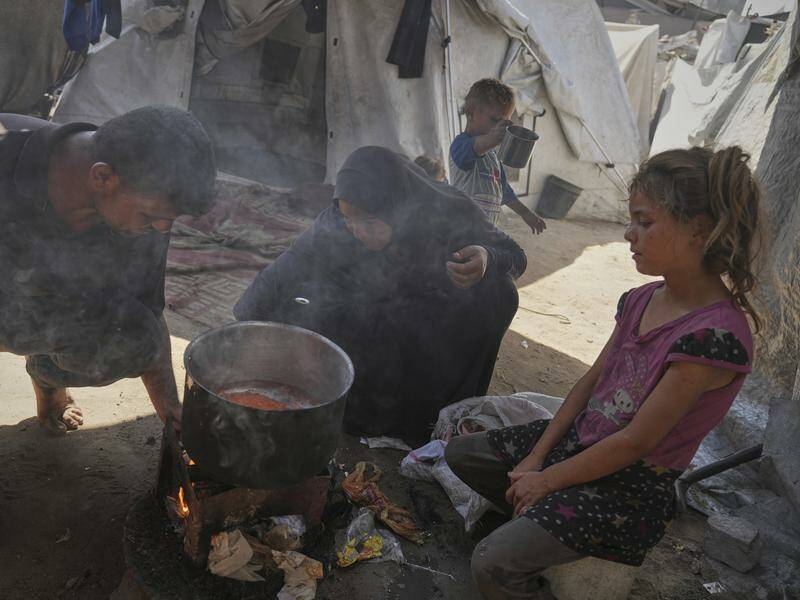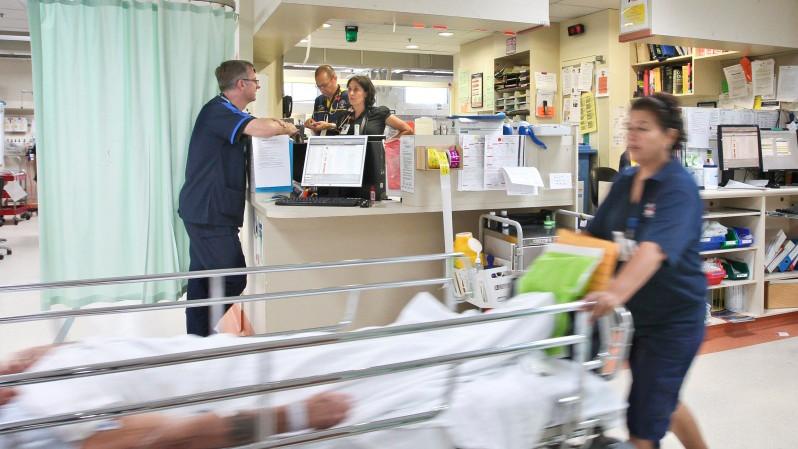
Hamas has declared it will not disarm until an independent Palestinian state is established, rejecting a core Israeli demand that could help end the ongoing conflict in Gaza. This announcement follows the collapse of indirect negotiations aimed at securing a 60-day ceasefire and facilitating the release of hostages.
Ceasefire Efforts Stalled
The negotiations, mediated by Qatar and Egypt, concluded last week without progress. In a statement, Hamas emphasized its inability to relinquish its right to “armed resistance” unless there is recognition of a “fully sovereign Palestinian state with Jerusalem as its capital.” This assertion underscores the deepening rift between Hamas and Israeli authorities, who view the disarmament of Hamas as essential for any potential peace agreement.
Israeli Prime Minister Benjamin Netanyahu has characterized the establishment of a future Palestinian state as a potential threat to Israel’s security. He criticized nations such as the UK and Canada for expressing intentions to recognize a Palestinian state, stating that such actions would reward Hamas for its conduct during the ongoing conflict. Netanyahu has maintained that security control over Palestinian territories must remain with Israel.
Humanitarian Crisis Intensifies
The conflict escalated on October 7, 2023, when Hamas-led militants attacked southern Israel, resulting in the deaths of approximately 1,200 individuals and the abduction of 251 hostages. In retaliation, Israel launched a military offensive in Gaza that has resulted in over 60,000 Palestinian casualties and widespread devastation, creating a severe humanitarian crisis.
As the situation deteriorates, humanitarian efforts have faced significant challenges. Recently, Israeli forces reportedly opened fire near two aid distribution sites operated by the Gaza Humanitarian Foundation, resulting in the deaths of at least 10 Palestinians seeking food. This incident occurred following visits from US officials, highlighting the dire conditions faced by over two million residents in Gaza.
Despite international pressure, the flow of humanitarian aid remains critically low. The United Nations and various humanitarian partners have stated that the amount of aid entering Gaza is insufficient, with large stockpiles of supplies awaiting Israeli approval. Reports indicate that trucks delivering aid are often stripped of their contents by desperate individuals and criminal groups before reaching warehouses for distribution.
Experts warn that Gaza is on the brink of a “worst-case scenario of famine,” as conditions worsen and access to food becomes increasingly limited. The ongoing conflict and the inability to reach a ceasefire further compound the suffering of those affected.
As diplomatic efforts continue, the international community remains watchful of developments in the region, particularly regarding the possibility of a two-state solution and the future of Israeli-Palestinian relations.






